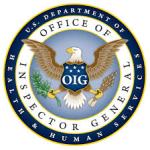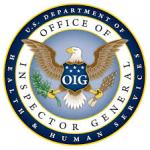Like a scene from the popular Netflix series, House of Cards, Governor Scott has requested that State agencies list critical services in light of a possible government shutdown over a battle of the budget. It is important to note that Floridians relying on Medicaid could be impacted and shifting their care from the Primary Care Doctors back to the Emergency Departments. Lawmakers will have a special session from June 1-20 with the goal of passing a budget.
In the meantime, hospitals have responded to Governor Scott’s challenge for profit sharing and likening healthcare to baseball. The Florida Hospital Association responded equating the profit sharing to an additional tax on hospitals. The Florida Hospital Association stated that hospitals already contribute roughly $1.3 billion to Medicaid as supported by a report commissioned by the State. Governor Scott also drew criticism from State Senator Don Gaetz in a talk radio interview where he likened the Governor’s profit sharing to government price controls.








